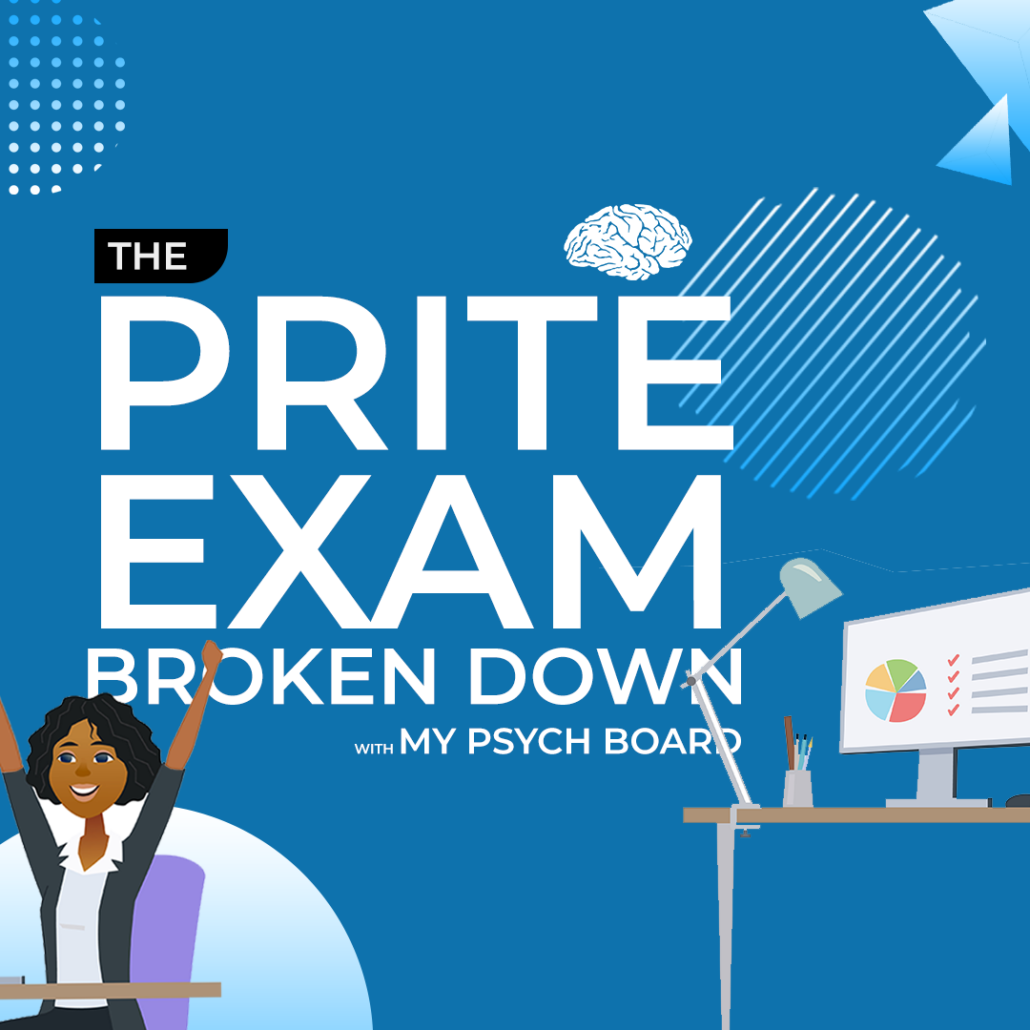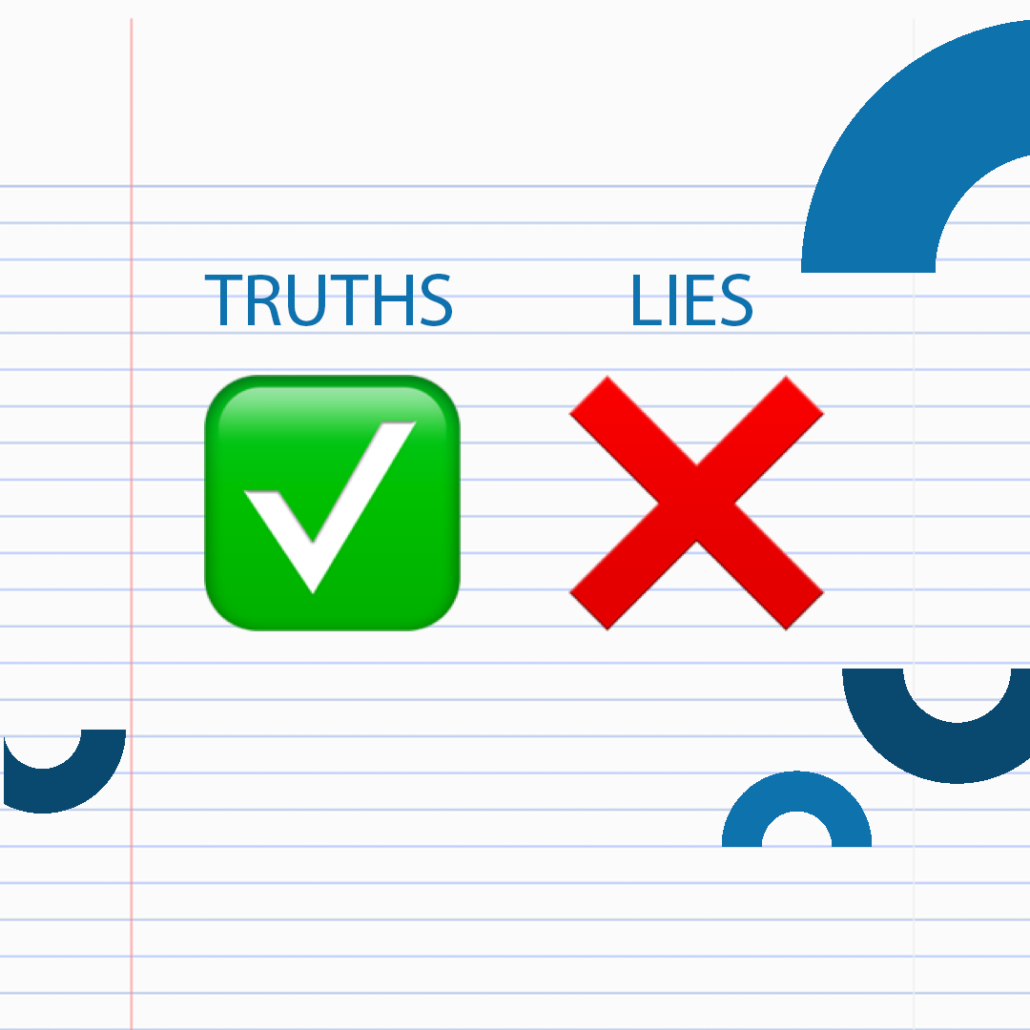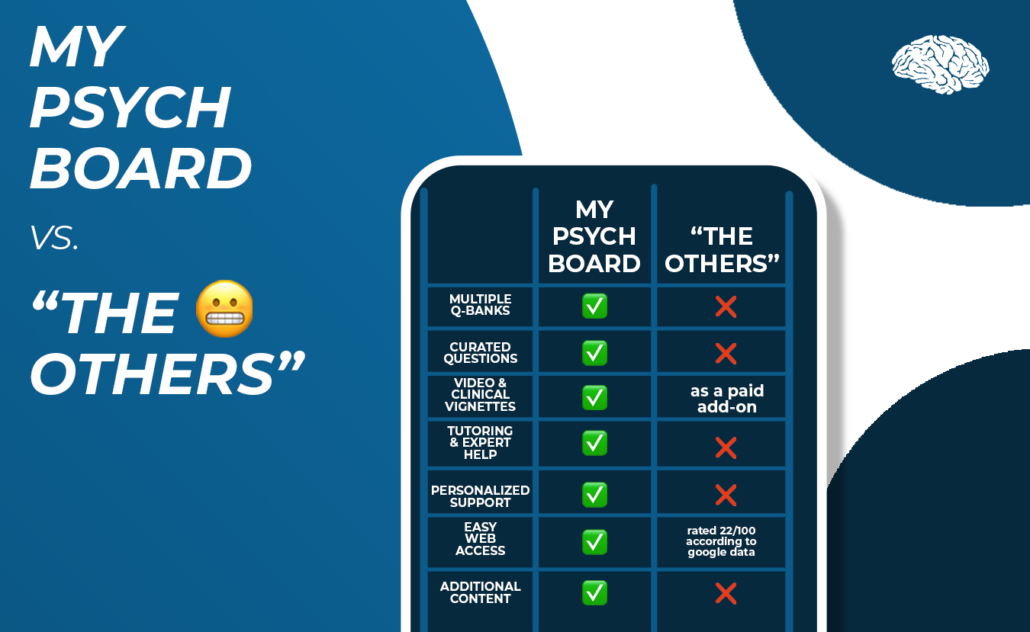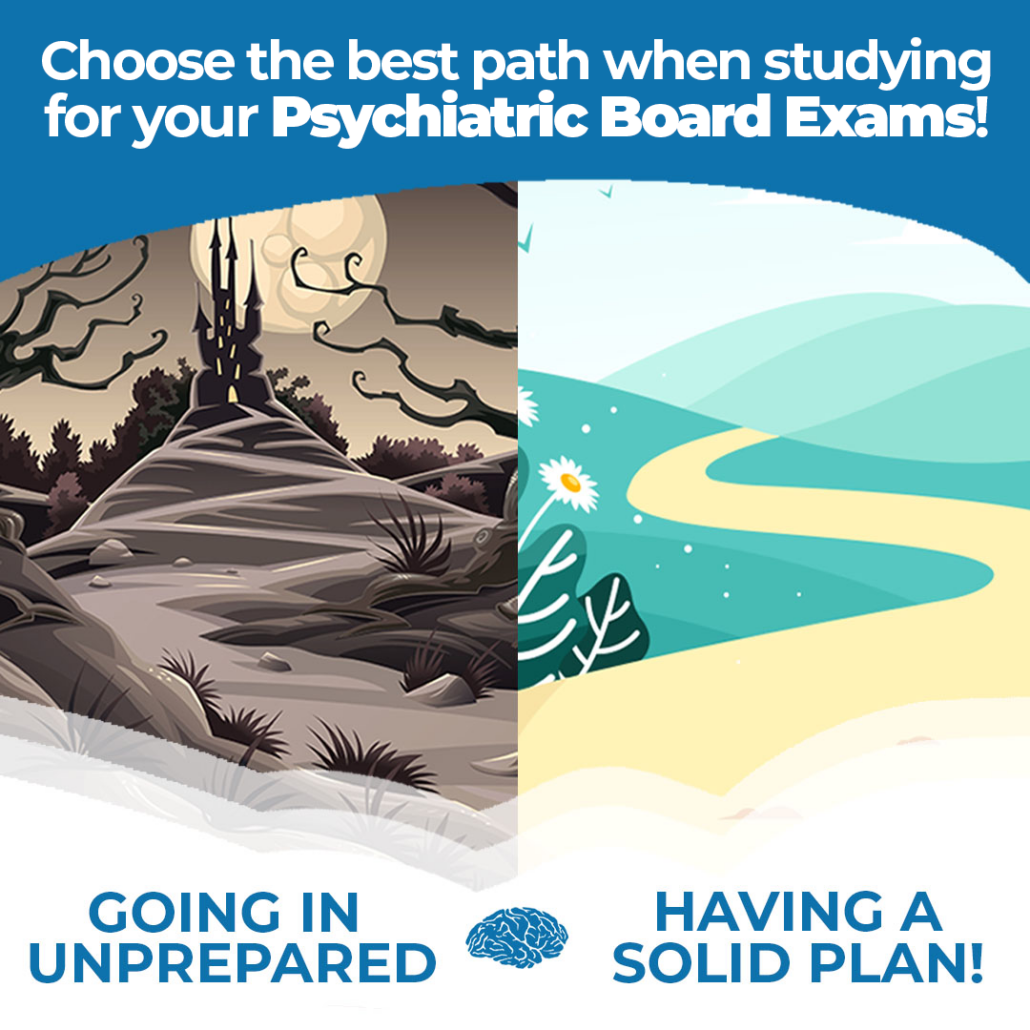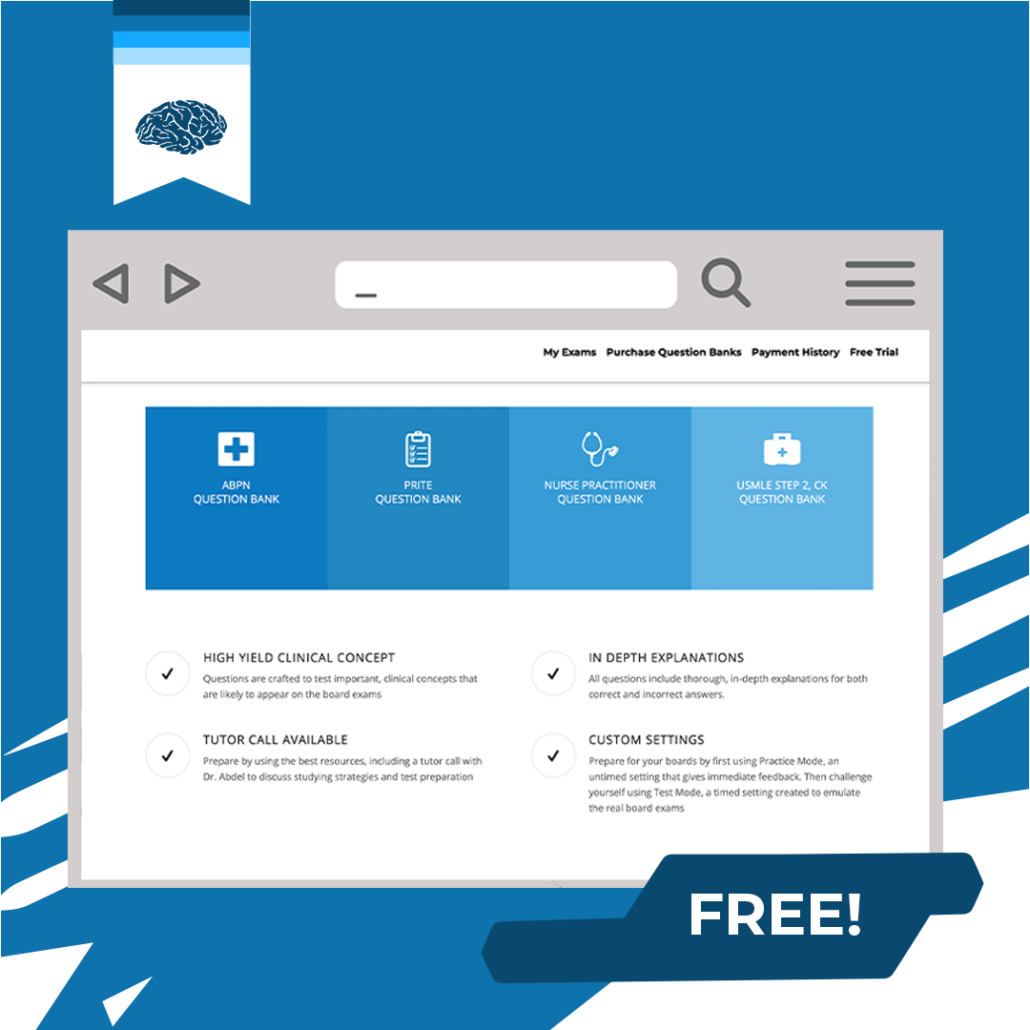Time to go back to the ABC’s
Yes, we know you know your ABC’s 🙂 But, sometimes it helps to reinvent the old classics to help us in the here and now. We’ve compiled a quick list of test taking tips that might help you as you prepare for your exams ( using A-E, because those are the letters you’ll see on the exams and maybe that will help keep these in mind!).

The ABC’s of Test Taking
A Apply basic knowledge
This is the old adage, if you hear hoof beats, don’t assume it’s zebras. When you get your first look at a test question, whether it’s a standard multiple choice or a multiset vignette, the first thing to do is to look for the obvious. Most questions will be testing your basic knowledge and will give you clear signs that point to an answer. Some will be trickier of course, but a good rule of thumb is to dust off Occam’s razor and keep it in mind as you go through the questions. Keep your basic knowledge front and center!
B Block out distractors
Test makers are devious. There, I said it. They intentionally create distractor answers that will try to trick you (so rude). Falling back on the letter A, keep your basic knowledge in mind and then block out the answers you see off the bat as incorrect. For example, you might be reading a question about someone who is lethargic, has a lack of appetite, low mood, and disrupted sleep. Answer options could be Bipolar I, General Anxiety, Depression, PMDD, or Substance Withdrawal. Now, some of these conditions do in fact share the listed symptoms. But there’s missing information that would be required to make those answers the BEST answer.
Bipolar I would require symptoms of mania; GAD has other hallmark symptoms such as feelings of dread/worry that they cannot control; PMDD is cyclical around menstrual cycles in females; substance withdrawal requires mention of something that would cause the withdrawal. The distractors are there to make you second guess, so if one pops out as the best one, chances are it probably is!
C Check the question stem again
Well, maybe the distractors did a good job and now you can’t get passed it. Go back and find the question stem again. What is the question asking? Does it give the information you would NEED to make the other answer fit, or are you banging a square peg into a round hole? While the test makers are tricky, they aren’t totally evil. They will give you all the information you need with minimal need to fill in the blanks.
D Don’t over think it!
Ok, we got through the distractors and now we have our answer, Depression! Makes sense, fits the symptoms…wait, doesn’t it need a time frame to make a diagnosis? What if it’s none of these answers and actually something like Dysthymia? Or– stop. Stop over thinking it. Again, this is the job of the distractors to make you start thinking in circles. If the answer fits the information given in the best way, move on to the next question.
E Every little bit helps
You get about one minute per question on the exams, so you want to crank out as many answers as possible. And, most exams don’t “penalize” wrong answers, they just add up your correct ones. Leaving answers blanks and guessing and getting it wrong will do the same thing to your score. But, guessing might also get you one right! So if you need to stab a guess at one, DO IT because there’s a chance you could get it right!
Want to give this method a shot? Try our Free Trial and see how well it pans out. We’d love to hear from you, and you can Contact us with any questions you have or to let us know if these tips helped you or not!

